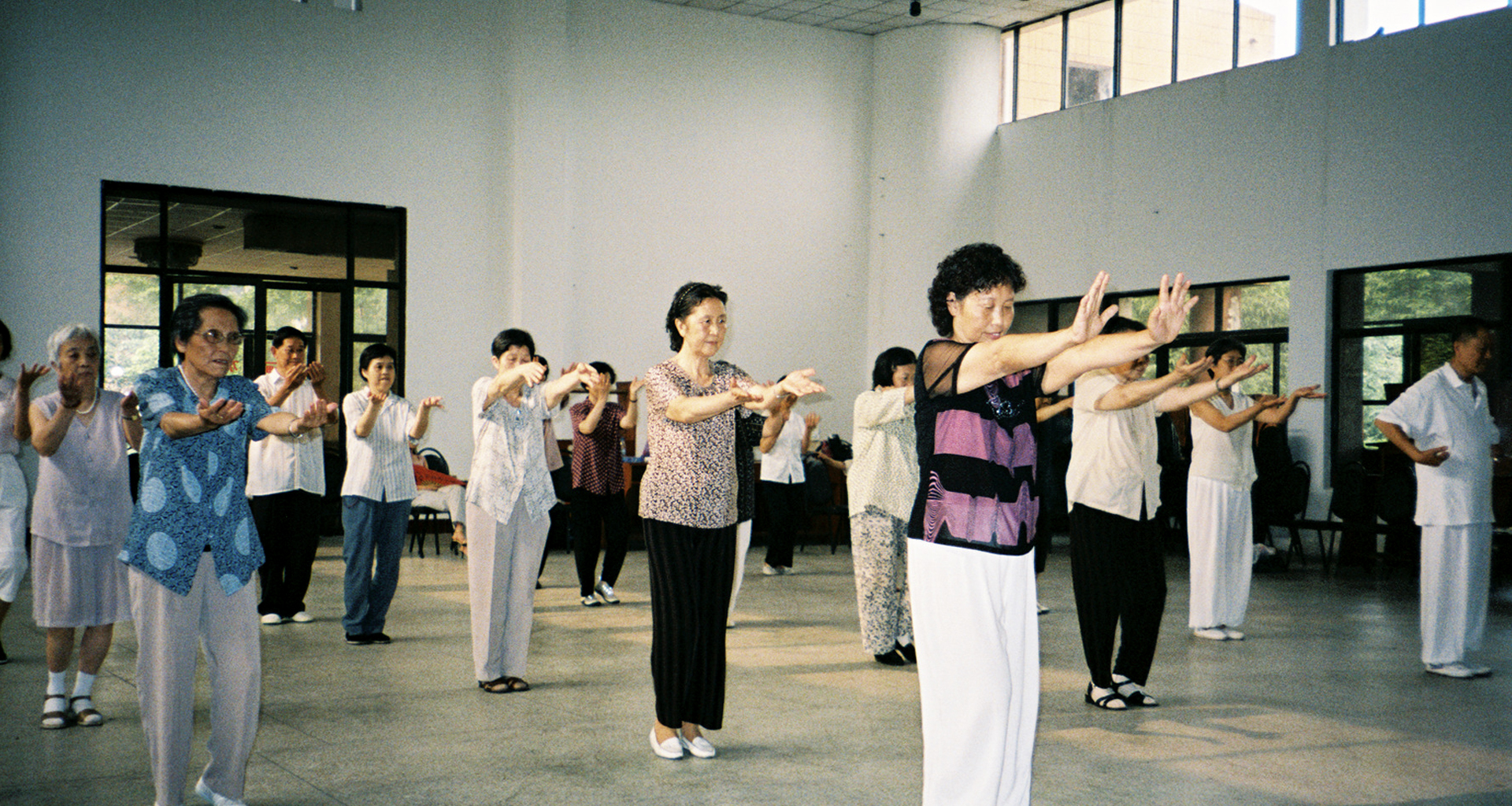Who can Benefit from Qigong Practice?
Qigong practice can benefit a wide range of people, including:
• Individuals looking to improve fitness: Regular qigong practice may enhance overall fitness, flexibility, and cardiovascular health.
• Those seeking stress reduction: Qigong’s focus on slow movements, breathing, and mindfulness can help reduce stress and promote relaxation
• People with chronic diseases: Those with fibromyalgia, chronic fatigue syndrome, and other chronic conditions may experience improvements in symptoms like pain, fatigue, and sleep quality.
• Older adults: Qigong may help improve quality of life, physical ability, balance, and potentially reduce depressive symptoms in older adults with chronic conditions.
• Individuals at risk of falling: Qigong has shown potential for balance training and fall prevention, sometimes with better effects than traditional interventions.
• Cancer patients: Some evidence suggests qigong can help cancer patients manage fatigue and mood disturbances during treatment.
• People with high blood pressure: Some studies indicate qigong may help lower blood pressure.
• People with mental health concerns: Qigong practice may help reduce symptoms of depression and anxiety, as well as improve overall mood.
• Those wanting to boost immune function: Research suggests qigong may have a positive impact on immune system functioning.
• Anyone seeking mind-body connection: Qigong can help harmonize the mind, body, and spirit, promoting overall well-being and a sense of balance.
Qigong is considered a safe practice for most people when performed correctly and with proper guidance. However, as with any physical activity, it’s important to start slowly, listen to your body, and seek qualified instruction, especially as a beginner.

